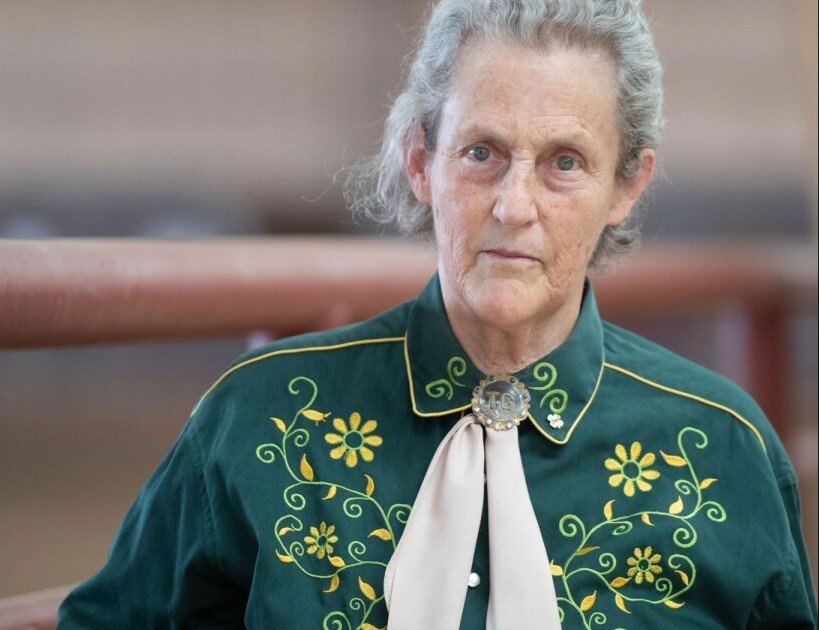The Role of Routine in Neurodiverse Training
Creating Consistent and Supportive Environments for Neurodiverse Athletes
“Routine isn’t just about repetition; it’s about creating a stable foundation where neurodiverse athletes can thrive, feel secure, and unlock their full potential.”
– Coach Johnny
Introduction
In the world of sports, every athlete brings unique strengths and challenges.
This diversity is especially evident in neurodiverse athletes.
Neurodiversity includes a range of neurological differences, such as autism, ADHD, and dyslexia.
Therefore, these athletes often require tailored training programs to maximize their potential.
One key element that significantly enhances their performance is routine.
This blog will explore the importance of routine and structure in training neurodiverse athletes.
Additionally, we will offer practical strategies for implementation.

“Creating a structured and predictable training environment helps neurodiverse athletes manage their anxiety and enhances their ability to learn and perform.”
– Dr. Tony Attwood, Clinical Psychologist, and Autism Expert
The Importance of Routine in Neurodiverse Training
Defining Routine and Structure in Sports Training
Routine in sports training refers to a consistent schedule and set of activities that athletes follow regularly; therefore, it helps maintain discipline and structure.
The structure is the framework that supports this routine.
It provides clear guidelines and expectations.
Together, they create a predictable environment.
This helps athletes focus on their training without the stress of uncertainty.
General Benefits of Routine for Athletes
Routine and structure offer several benefits for all athletes.
They help build discipline, enhance skill development, and improve performance consistency.
Athletes know what to expect each day, reducing decision fatigue and allowing them to channel their energy into their training.
Why Routine is Particularly Beneficial for Neurodiverse Athletes
Neurodiverse athletes often thrive in environments that offer predictability and consistency.
Here’s why routine is especially crucial for them:
- Predictability Reduces Anxiety: Many neurodiverse individuals experience heightened anxiety, especially in unfamiliar or unpredictable situations. A well-structured routine can provide a sense of security. This reduces anxiety and allows athletes to focus on their training.
- Improved Focus and Concentration: Consistent routines help in minimizing distractions. Neurodiverse athletes can better concentrate on their tasks when they know what to expect next.
- Enhanced Skill Development: Repetition is key to mastering any skill. A structured routine ensures neurodiverse athletes get the repetition they need to develop and refine their skills.
“Understanding and accommodating the needs of neurodiverse athletes can unlock their potential. Routine and structure are key to their success.”
– Michael Phelps, Olympic Gold Medalist (who has ADHD)

How to Implement Routine
Creating and maintaining a routine for neurodiverse athletes requires thoughtful planning and flexibility.
Here are practical steps to get started:
Visual Schedules
Visual schedules are powerful tools for neurodiverse athletes.
Firstly, they provide a clear visual representation of the day’s activities.
This clarity helps athletes understand and anticipate what comes next, reducing anxiety and enhancing focus.
Additionally, depending on the athlete’s preferences and comprehension level, you can use pictures, icons, or written words.
By customizing these schedules to individual needs, coaches can, therefore, create a structured yet flexible environment that effectively supports the unique challenges and strengths of neurodiverse athletes.
Consistent Training Times
Having a set time for training each day helps establish a rhythm.
Consistent training times ensure athletes know when to prepare and what to expect, reducing anxiety and enhancing focus.
It also helps regulate their biological clocks, which benefits sleep and overall well-being.
Individualized Plans
Each neurodiverse athlete is unique, and their training plans should reflect this.
Customize routines to suit individual needs, preferences, and strengths.
Some athletes may require more breaks, while others might benefit from longer periods of focused activity.
Regularly review and adjust the plans to ensure they remain effective and relevant.
Flexibility Within Structure
While routines are important, it’s equally crucial to be flexible.
Life is unpredictable, and rigid adherence to a schedule can sometimes cause more harm than good.
Build flexibility to accommodate unexpected changes or the athlete’s fluctuating needs and moods.
For example, if an athlete is particularly tired or stressed one day, adjusting the training intensity or incorporating more rest might be beneficial.

“Neurodiverse individuals can achieve remarkable success when training programs are tailored to their unique strengths and needs. Routine plays a critical role in this.”
– John Elder Robison
Real-Life Examples
Case Study 1: Sarah’s Success with Visual Schedules
Sarah, a young athlete with autism, struggled with anxiety and unpredictability during her training sessions.
Her coach introduced a visual schedule that outlined each part of her training routine.
This simple change transformed Sarah’s experience.
Consequently, knowing what to expect reduced her anxiety.
She began to look forward to her sessions.
Over time, Sarah’s focus improved. Consequently, she made significant progress in her skills.
Case Study 2: Mark’s Journey with Consistent Training Times
Mark, a teenager with ADHD, had difficulty maintaining concentration and consistency in his training.
His coach implemented a fixed training schedule, with sessions held simultaneously daily.
This regularity helped Mark settle into a routine.
As a result, his distractions were reduced, and his focus improved.
Consequently, Mark’s performance saw a noticeable improvement.
He gained more confidence in his abilities.
“Structured routines and clear expectations can significantly reduce anxiety for neurodiverse athletes, allowing them to focus on their skills and training.”
– Dr. Temple Grandin, Professor of Animal Science and Autism Advocate

Conclusion
Routine and structure play a vital role in the training of neurodiverse athletes.
They provide predictability, reduce anxiety, and enhance focus.
As a result, these athletes can thrive.
Coaches, trainers, and parents can create a supportive environment by implementing visual schedules. Additionally, maintaining consistent training times, developing individualized plans, and incorporating flexibility within the structure are essential.
This environment maximizes the potential of neurodiverse athletes.
Incorporating these elements into training programs not only benefits the athletes but also contributes to a more inclusive and understanding sports community.
As we continue to recognize and celebrate neurodiversity, let’s commit to creating training routines that cater to the unique needs of every athlete.
Call to Action
Join Coach Johnny in cultivating the next generation of youth sports athletes.
If you’re a coach, trainer, or parent of a neurodiverse athlete, you should therefore consider integrating structured routines into your training programs.
Start by exploring various resources and seeking professional advice.
Experiment with different strategies to find what works best for your athlete.
By doing this together, we can create a supportive environment where every athlete can succeed.
If we focus on the unique needs of neurodiverse athletes and, furthermore, leverage the power of routine, we can ultimately unlock new levels of performance and enjoyment in sports.
Let’s champion athletic neurodiversity by providing the structure and support every athlete deserves.
Join the JK Tribe
Coach Johnny is a youth sports coach with over 30 years of experience. He continues to coach various sports in various age groups (pre-high school) for all genders. He is also the founder of Johnny’s Kidz and the JK Tribe. If you would like to support his journey and become a Tribe member, reach out and Buy Coach A Cup of Coffee.
And remember, The Game Belongs to Them!

